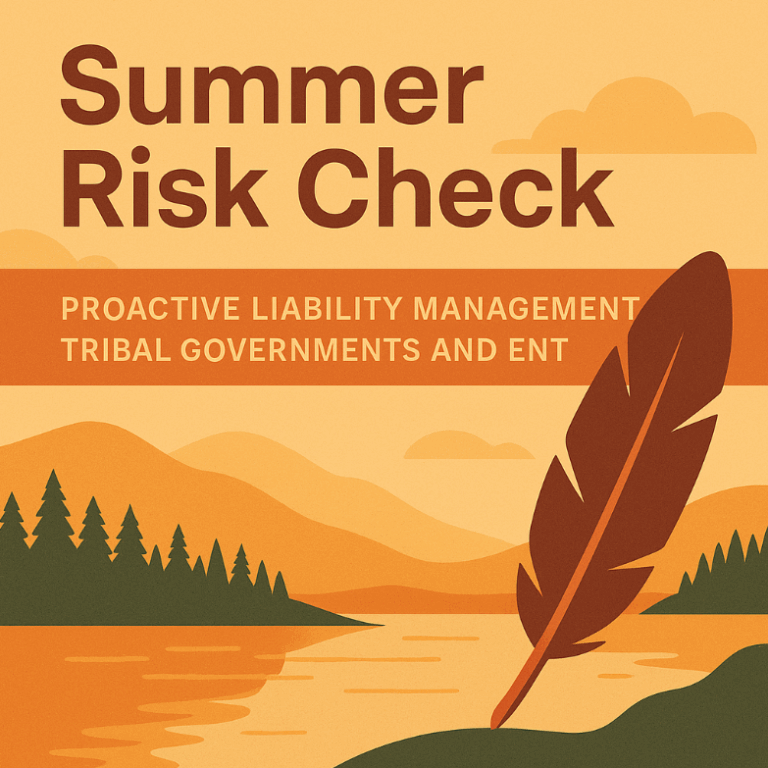On December 17, 2024, Congress passed two key pieces of legislation aimed at reducing the administrative burden of ACA reporting for employers:
- The Paperwork Burden Reduction Act (PBRA) (H.R. 3797)
- The Employer Reporting Improvement Act (ERIA) (H.R. 3801)
These bills ease ACA filing and distribution requirements for Forms 1094 and 1095 and place new limits on IRS employer mandate penalties. President Biden signed both bills into law on December 23, 2024, and the new provisions take effect for the 2024 ACA reporting cycle.
This update is highly relevant for:
✔ Applicable Large Employers (ALEs) – Employers with 50 or more full-time employees
✔ Smaller Employers Sponsoring Self-Insured Medical Plans – Including level-funded plans
✔ All Employers Required to File Forms 1094 and 1095
Employers should understand how these changes reduce compliance burdens, streamline ACA reporting, and alter IRS enforcement of employer mandate penalties.
ACA Employer Mandate & Reporting: A Quick Refresher
The Affordable Care Act (ACA) Employer Mandate requires Applicable Large Employers (ALEs) to:
✔ Offer health coverage to at least 95% of full-time employees
✔ Ensure the coverage is affordable and meets minimum value requirements
✔ File Forms 1094/1095 annually with the IRS and distribute them to employees
Employers sponsoring self-insured health plans must also report all covered individuals—regardless of employer size.
There are two sets of IRS forms used for ACA reporting:
✔ Form 1095-C – For ALEs, showing whether coverage was offered to employees
✔ Form 1095-B – For non-ALEs with self-insured plans, detailing covered individuals
✔ Form 1094-C – A summary form that ALEs file with the IRS
Key Changes to ACA Reporting for 2024 (Effective in 2025)
1. Simplified Distribution Rules for Forms 1095 (PBRA)
What’s New? Employers are no longer required to automatically provide Forms 1095-B or 1095-C to employees unless they request it.
How It Works:
- Employers must notify employees of their right to request a copy.
- If an employee requests a form, the employer must provide it within 30 days of the request.
- The deadline to provide a requested form is the later of:
- January 31, 2025, or
- 30 days after receiving the request
✔ Key Employer Action Item: Employers must develop a clear and conspicuous notification process informing employees of their right to request a form.
2. Electronic Consent for ACA Form Distribution (ERIA)
What’s New? Employees no longer need to provide annual consent to receive Form 1095 electronically.
How It Works:
- Once an employee consents to electronic delivery, that consent remains valid until revoked.
- Employers should update consent language to reflect this change.
✔ Key Employer Action Item: Employers should review and revise electronic distribution policies to ensure compliance.
3. New Flexibility in Employee Identification on Forms 1095 (ERIA)
What’s New? Employers may now use an employee’s date of birth instead of a Social Security Number (SSN) if the SSN is unavailable.
How It Works:
- Employers no longer need to make three separate requests for a missing SSN before using a date of birth.
- This simplifies compliance, especially for new hires or non-citizen employees.
✔ Key Employer Action Item: Employers should ensure HR and payroll systems are updated to accommodate this new rule.
4. Extended IRS Response Time for Employer Mandate Penalty Notices (ERIA)
✔ What’s New? Employers now have 90 days (instead of 30) to respond to IRS Letter 226-J, which notifies employers of potential ACA penalties.
How It Works:
- If an employer receives a penalty notice, they now have 90 days to dispute or respond.
- Historically, the IRS provided only 30 days to respond, with limited extensions available.
✔ Key Employer Action Item: Employers should ensure legal and compliance teams are prepared to respond within the extended timeline.
5. New Six-Year Statute of Limitations on IRS ACA Penalties (ERIA)
What’s New? The IRS now has six years to assess employer mandate penalties.
How It Works:
- Previously, there was no statute of limitations for employer mandate penalties.
- Now, the IRS cannot assess ACA penalties more than six years after the filing deadline.
✔ Key Employer Action Item: Employers should retain ACA compliance records for at least six years.
What Employers Should Do Now
To ensure compliance with the new ACA reporting relief, employers should:
✔ Review IRS Form Distribution Policies – Implement a clear notification process for employees’ right to request Forms 1095-B and 1095-C.
✔ Update Electronic Delivery Consent Forms – Ensure consent language reflects the new ongoing electronic distribution rule.
✔ Adjust ACA Reporting Systems – Modify HR/payroll software to allow date of birth as an alternative to SSNs when needed.
✔ Prepare for IRS Audits – Retain ACA compliance records for at least six years in case of IRS inquiries.
✔ Monitor IRS Guidance – Additional Treasury guidance on PBRA implementation is expected in 2025.
How Atria Supports Employers with ACA Compliance
At Atria, we help employers navigate complex compliance regulations, ensuring that ACA reporting and employer mandate responsibilities are met efficiently and accurately.
Our Expertise Includes:
✔ ACA Compliance Audits – Identifying risks and ensuring full compliance with federal regulations.
✔ Forms 1094/1095 Filing Support – Assisting with electronic filing and distribution processes.
✔ Employer Mandate Penalty Defense – Helping employers analyze and respond to IRS Letter 226-J assessments.
✔ HR & Payroll System Updates – Ensuring systems are aligned with new reporting flexibility.
At Atria, we merge world-class consulting and brokerage capabilities with a relationship-first approach to help organizations stay ahead of compliance requirements while optimizing benefits strategies.
Final Takeaways: What Employers Need to Do Before 2025
✔ By January 31, 2025: Ensure notification procedures are in place for employees requesting Forms 1095-B or 1095-C.
✔ By March 2, 2025: File Forms 1094 and 1095 with the IRS.
✔ Ongoing: Update ACA reporting processes, electronic delivery consent policies, and data collection practices.
🔹 Have questions or need guidance on ACA compliance?
🔹 Contact Atria today to ensure your organization is fully prepared for these changes.
Conclusion
These legislative changes offer meaningful relief for employers navigating ACA compliance. By simplifying reporting requirements, extending IRS response deadlines, and limiting penalty exposure, these new laws reduce the burden on businesses while maintaining transparency and compliance.
At Atria, we help employers turn compliance into a strategic advantage, ensuring that ACA reporting is seamless, efficient, and fully compliant.
Let’s build a smarter compliance strategy together. Reach out today.






